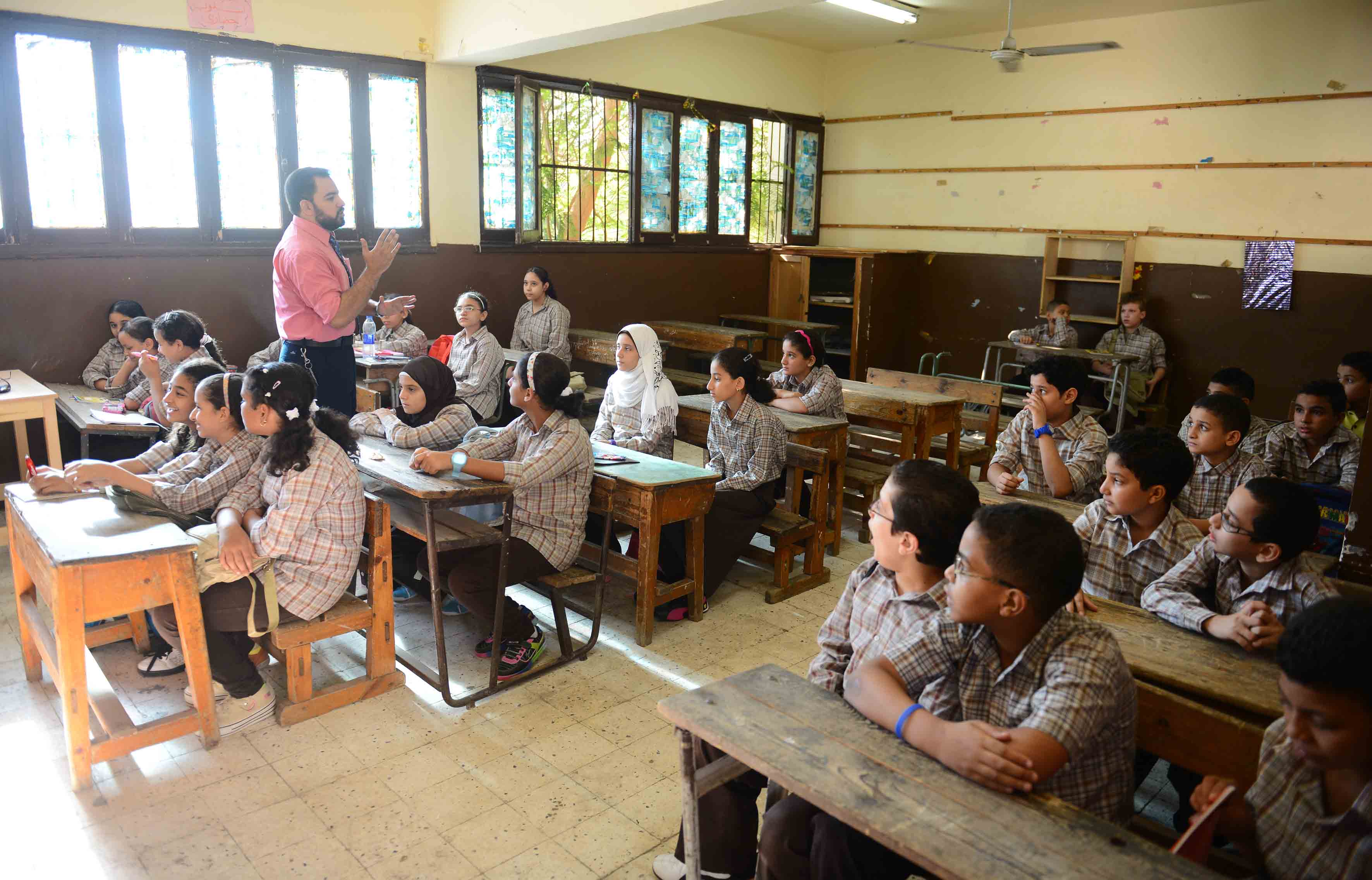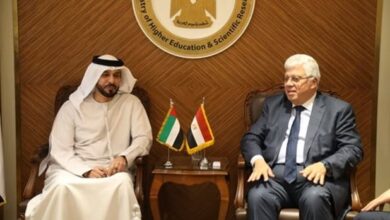"Every child is an artist. The problem is how to remain an artist once we grow up,” said prominent Spanish painter Pablo Picasso. Experts believe that art is linked to almost all aspects that shape our character at a young age.
According to Safaa Mokhtar, a fine arts specialist, starting from the age of three, parents can discover their children’s inclinations. “At this age, parents have to teach [children] the broad lines of painting. For example, when drawing a face, kids must be aware of the distance between eyes, nose and mouth,” Mokhtar says.
Meditation on surroundings or nature is a source of inspiration for kids that helps them to become aware of details. “Children should focus on measures, sizes and colors,” she says.
Mokhtar emphasizes the importance of mixing education with art. “While parents teach kids how to draw their favorite animals, they should provide them important information and facts about them as well.”
Parents, however, have to take into account that art, especially painting, takes a long time to master. Therefore, adopting a step-by-step approach is the best way to lay a solid infrastructure for future professional artists, Mokhtar advises.
Mona Anwar, art teacher at an international school in Cairo, says that any type of activity that works on stretching the imagination and developing creativity is considered art.
Art is not about the end result, but rather the experience an artist gains through the process of adding his or her own style to a work. “Through this process, children learn to think out of the box and free themselves from any restrictions. Consequently they are developing their critical thinking,” Anwar says.
Anwar recommends open-ended projects as ways of unleashing children's imaginations. “Select a project, with its outcome not based on reaching a correct or certain result. This will stand as an obstacle in the way of [the child's] creativity and put [him or her] under pressure to achieve a fixed formula,” she says.
Noha Agaty, a professor of social psychology, agrees with Anwar, explaining that open-ended projects are important because some children express themselves better through art than engaging in conversations.
“When children are part of a team their social skills develop more easily and rapidly than those who practice alone,” she says.
Agaty points out another advantage of art. “It works on boosting their self-confidence as they find themselves capable of converting raw materials into their own masterpieces.”
Agaty describes artwork as a reflection of inner thoughts and personal interests. “It can tell parents a lot about their kids’ personalities. [They] can read what is going on in children’s minds and how they feel.”
“Unfortunately schools in Egypt, especially public, do not give much attention to developing students’ aesthetic skills due to the misconception that art is not as essential as academic subjects,” Anwar says. “Consequently, when children become adults, they do not appreciate the value of art or recognize the profound meaning of its beauty.”
Parents must also play a role in guiding their children to devote more time to art. Anwar advises parents to stop being only concerned with high grades. She says they should encourage their children to play musical instruments, or develop their writing skills through reading novels and plays.




